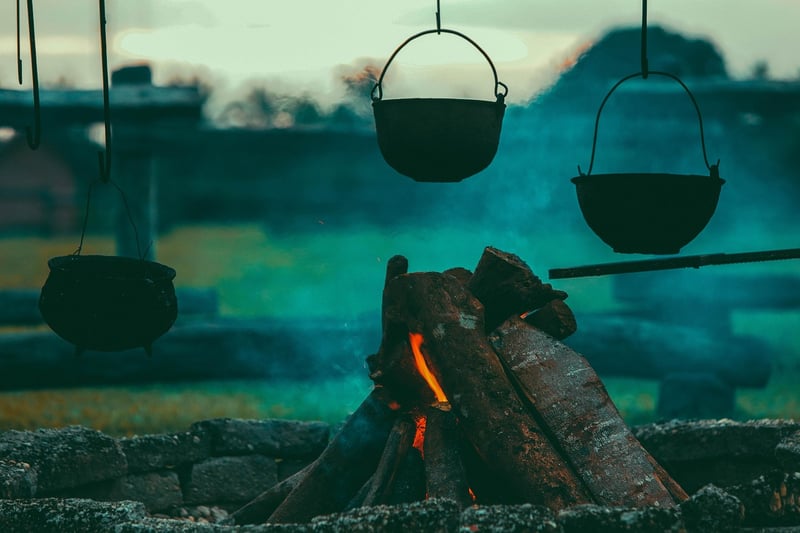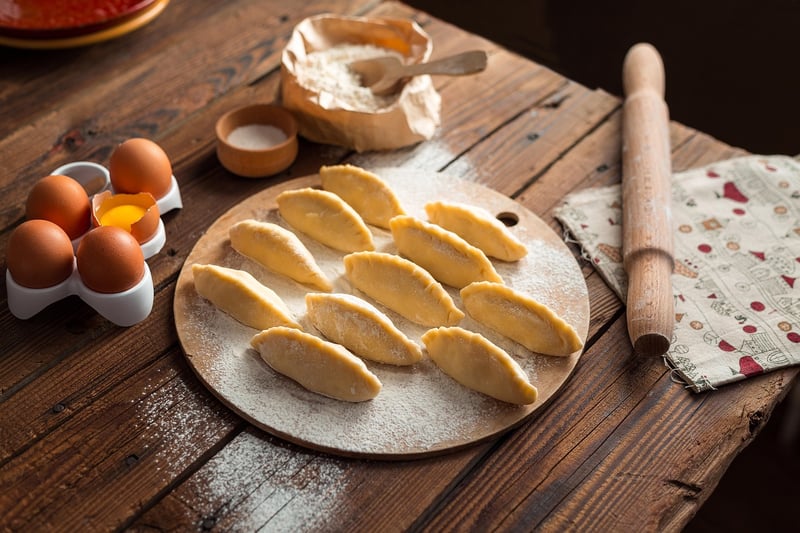Experimental Cooking Techniques
The Art of Experimental Cooking: Unleashing Unique Culinary Creations
Are you a food enthusiast looking to elevate your culinary skills to the next level? Do you crave to explore uncharted territories in the world of gastronomy? If so, then experimental cooking might be your calling. In this article, we will delve into the realm of experimental cooking techniques and how they can help you create unique and inventive dishes that will tantalize your taste buds and impress your guests.
What is Experimental Cooking?
Experimental cooking is a form of culinary art that goes beyond traditional cooking methods and recipes. It involves pushing the boundaries of taste, texture, and presentation by experimenting with unconventional ingredients, techniques, and flavor combinations. It's all about thinking outside the box and letting your creativity run wild in the kitchen.
Key Elements of Experimental Cooking
- Unconventional Ingredients: From edible flowers to molecular gastronomy powders, experimental cooking often involves using ingredients that are not commonly found in traditional recipes.
- Alternative Cooking Methods: Techniques like sous vide, liquid nitrogen freezing, and food deconstruction are frequently employed to create avant-garde dishes.
- Flavor Fusion: Combining unexpected flavors and textures to create harmonious yet surprising taste profiles is a hallmark of experimental cooking.
- Presentation: Plating plays a crucial role in experimental cooking, with chefs often using artistic techniques to elevate the visual appeal of their dishes.
Benefits of Experimenting in the Kitchen
Engaging in experimental cooking can have several benefits, including:
- Enhancing your creativity and problem-solving skills.
- Expanding your palate and culinary knowledge.
- Impressing your friends and family with one-of-a-kind dishes.
- Opening up new opportunities for culinary exploration and self-expression.
Get Started with Experimental Cooking
Ready to embark on your experimental cooking journey? Here are a few tips to help you get started:
- Research and gather inspiration from culinary magazines, online forums, and food blogs.
- Start small by experimenting with one new ingredient or technique at a time.
- Document your experiments, noting what worked well and what could be improved for future creations.
- Don't be afraid to make mistakes – some of the best dishes come from happy accidents!
Remember, the beauty of experimental cooking lies in the freedom to explore, innovate, and create without boundaries. So roll up your sleeves, put on your chef's hat, and let your culinary imagination soar!

Explore the endless possibilities of experimental cooking and unlock your potential to craft extraordinary dishes that will leave a lasting impression on all who have the pleasure of tasting them.
Happy cooking!
